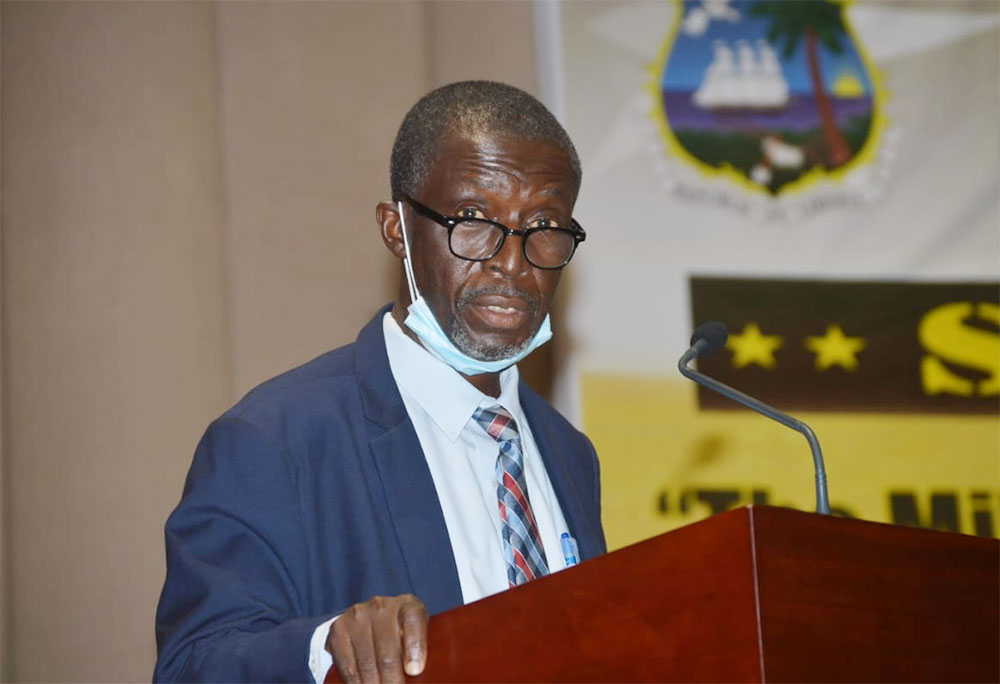
What began as a humble grassroots initiative in Myanmar has evolved into an international football development movement, led by Liberian-born coach Albert Kamara.
Now, after nearly two decades of global experience, Kamara has set his sights on bringing his transformative model back to Liberia.
At 43, Kamara is the visionary behind Power Soccer International Academy, an institution that for 16 years has nurtured young talents aged 5 to 18 — and in many cases, beyond.
“Some of our kids have been with us for six or seven years,” Kamara told Prime FM’s Sports Track, highlighting the academy’s mission to shape not only players but future coaches and educators.
Launched in Myanmar, Kamara’s project expanded to Brunei, where it gained unprecedented support from the government.
“We got full approval from the Ministry of Education and the Ministry of Schools.
The government welcomed the project, but the problem is usually with finding reliable local partners,” Kamara explained.
In Brunei, Power Soccer runs the grassroots arm of a club playing in AFC-sanctioned tournaments, overseeing programs from foundational levels to U-15 league competition.
The academy operates on a dual track — offering recreational training for a fee and an elite pathway for promising talents.
These players often gain national exposure, with support from parents and ministries alike.
Kamara’s academy stands apart for its ethics. “When they leave to join clubs, we don’t ask for 10% or 20%.
Our goal is to help them grow, not profit from them,” he said. A missed opportunity to attend the Gothia Cup once cost the academy $85,000, but Kamara refunded every sponsor. “It’s about relationships, not transactions,” he added.
Staffed by coaches from top European clubs including Inter Milan, Sporting Lisbon, Juventus, and Borussia Dortmund, the academy maintains global standards. Kamara, a certified PE teacher and sports director, has also led training for over 5,000 coaches via U.S. partnerships.
Yet, despite his global success, Liberia remains close to his heart. “Bringing the academy to Liberia isn’t off the table. It’s my dream,” Kamara shared. “I’ve always said, once Brunei is stable, I’ll look into it.”
He continues to engage with Liberian football figures such as Dgeorges Manubah and Melvin George. “What they’re doing is amazing.
If I come back, I want it to be something that adds to what they’ve built—not compete with it.”
With plans to retire from international work by 50, Kamara envisions a return that leaves a legacy.
“This isn’t about me. It’s about legacy, opportunity, and giving back wherever I go, and especially where I came from.”



